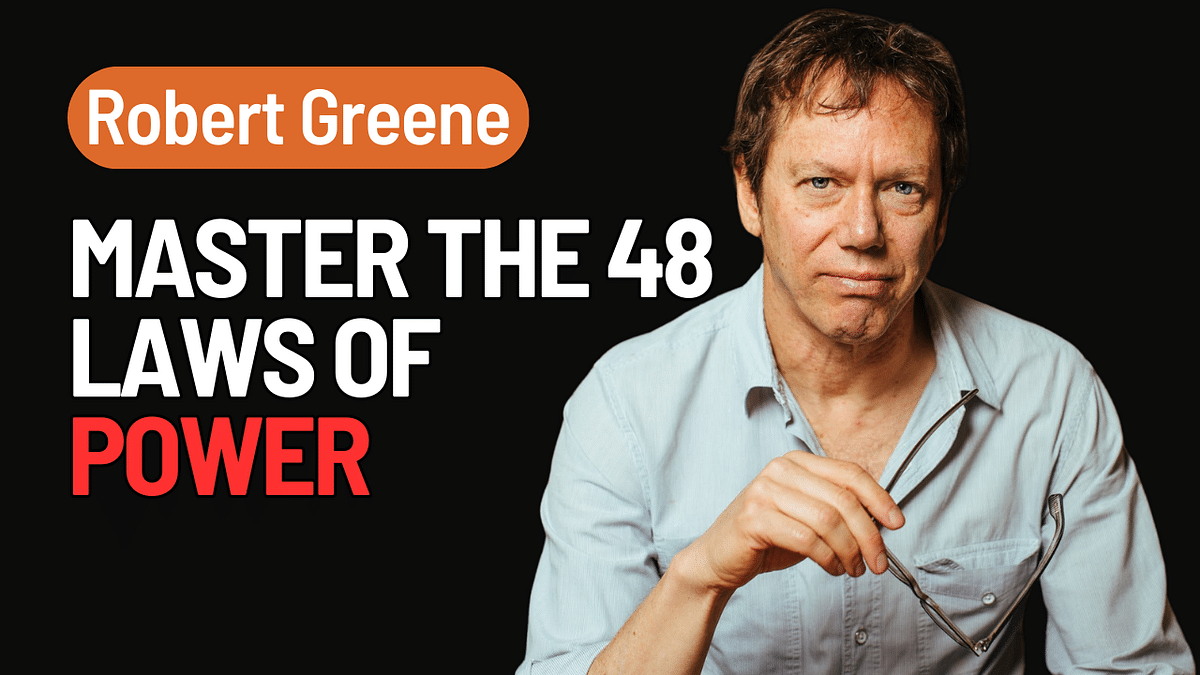
Introduction
As scriptwriters, audiobook creators, or storytellers, we all seek to capture the interest of our audience, engaging them with the ideas and the world we are describing. To do that, we must understand the art of storytelling and its crucial aspects. In a fascinating conversation with Robert Greene, renowned author of "The 48 Laws of Power," we delve into the art of storytelling within the scriptwriting realm and further beyond.
The Essence of Storytelling
Storytelling has evolved to be about more than just the content we are sharing. Greene highlights the inherent multi-dimensional nature of it, painting it as an immersive journey that stretches beyond the confines of ordinary conversations. His idea of storytelling involves immersing the listener in a world that thrives outside the comfortable conventional circle of understanding. As he continuously emphasizes, storytelling isn't just about the text; it's about how it looks, its structure, and the ability for it to infiltrate listeners' minds subtly.
The Ability to Adapt as Key to Great Storytelling
Greene underlines the quality of adaptation as crucial for an impressive story presentation. The story should match the context of the listener, and their current situation, and respond dynamically to the unfolding story. To Greene, a good strategist who effectively employs storytelling should recognize their societal standing and adjust their narratives to match this without losing the heart of the story.
Greene used the example of Tran to illustrate adaptation in storytelling. Tran was an opportunist who knew how to tailor his stories and conversations to fit the self-interest of those he dealt with. In extending this ability to our daily life and storytelling, Greene suggested that we must learn to think strategically—understanding who we are and how to present ourselves in different circumstances.
The Power of Historical Stories
Greene's storytelling approach employs several historical stories to support or counter an argument. He presents historical events in a blunt, compelling manner, and this becomes a powerful persuasion tool in his work. For instance, he has shown how manipulation works in power dynamics by using historical examples from Louis the 14th, Chi Borja, and even Tesla and Thomas Edison's rivalry in his book, "The 48 Laws of Power." By employing these examples, Greene creates robust mental frameworks for understanding the different tenets of power.
Sublime Writing in the Face of Adversity
Despite dealing with a stroke that drastically affected his adventurous spirit, Greene didn't allow this to limit his writing. Instead, he sought out new perspectives, leading him to visualize trips to Rome, among other places, and integrate them into his chapters. His physical disability compelled him to view life differently, focusing more on the mind's internal expanse.
This mental shift has enabled him to write more about subjects outside the circle of normalcy, transforming his writing into complex narratives about cosmos relationships, evolution, animals, and even death. His ability to navigate his thoughts and create immersive experiences for his readers, regardless of his circumstances, is remarkable.
Conclusion
Storytelling, at its best, is more than just sharing a tale. It demands understanding the audience, incorporating their context and experiences, and guiding them through a journey that challenges their conventional thinking. Whether it's by using historical narratives to drive a point or adapting your stories to respond to your audience's self-interests, the goal remains constant—to connect, engage, and leave a lasting impact on your listeners. No one articulates this better than Robert Greene, a master at weaving narratives that resonate, inspire, and challenge his readers, making every word count on the page.
Listen to the episode here: Mastering the 48 Laws of Power | Robert Greene
🔊 Be sure to tune in to The James Altucher Show and join James and his remarkable guests as they provide invaluable knowledge and perspectives to help you thrive in today's ever-changing world.
